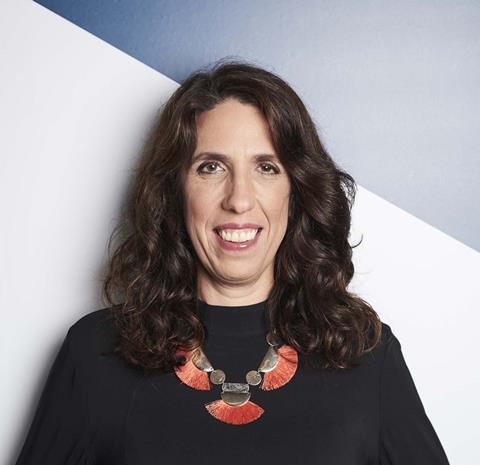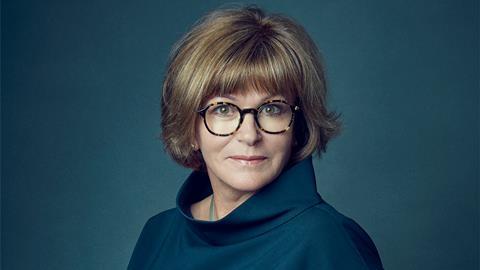Remote working is democratising access to commissioners, says C4 exec

The age in which “we expect young people to sidle up to powerful execs at drinks receptions” is over, according to Channel 4 deputy director of programmes Kelly Webb-Lamb.
The Covid-19-induced lockdown has done away with the “informality of the industry”, Webb-Lamb said, levelling a playing field that previously helped privileged people to get ahead and stymied diversity and inclusion gains.
“Expecting young people to sidle up to powerful people at drinks events is not the right way to create an industry that is diverse, vibrant and creative,” she told an RTS webinar on mental wellbeing in the TV industry.
“That informality has gone as a result of this virus because we are all talking to each other remotely – you can’t go to breakfast, or for drinks. So there are positives to be taken.”
“This is an opportunity to change the way we do relationships”
Kelly Webb-Lamb, Channel 4
According to Webb-Lamb, this erasure of informal networks has broken down barriers that previously existed between commissioners and those lower down the chain, such as junior execs or freelancers.
“We’ve used the fact that everything has slowed down as an opportunity to increase access to commissioners – this is an opportunity to change the way we do relationships,” she added, flagging C4’s work with the likes of training body ScreenSkills and the Film & TV Charity.
BBC Studios managing director, UK production Lisa Opie said the crisis is allowing the industry to “think long and hard about how we can broaden the make-up of our workforce”.
“This isn’t about being a ‘London-centric network’ anymore and I would hate to feel that we have gone backwards after this,” said Opie.
The Film & TV Charity chief executive Alex Pumfrey said the industry should spend the next few months speaking to as many of those out of work and on furlough as possible, including those from minority-ethnic backgrounds who have been disproportionately impacted by Covid-19.
“We need to make sure that including a wider range of voices is hard-baked into our strategy once we come out of lockdown”
Alex Pumfrey, The Film & TV Charity
“They are less likely to have the financial resilience to weather this storm,” said Pumfrey.
“We need to make sure that including a wider range of voices is hard-baked into our strategy once we come out of lockdown.”

Opie, who oversees all production units for the BBC’s commercial arm, said 82 of the outfit’s productions were paused following the lockdown, while 28 have been maintained.
Looking further down the line, she queried whether the industry’s status quo of using mainly freelance labour hopping from job-to-job could work anymore.
“I don’t know what the answers are but this is a question we have to ask ourselves as an industry,” added Opie. “If we want a diverse workforce in the future then we will have to address it.”
A survey last week from freelancer collective Viva La PD found almost 10% of freelancers have already left or are taking active steps to leave the industry, and there are fears this flurry could worsen once the government’s furlough scheme begins to wind down.
Second spike
Webb-Lamb said C4 is well-prepared to continue production if there is a second spike of coronavirus and lockdown restrictions are tightened once again.
“We’re working on the basis that our protocols will be robust enough for us to continue,” she added.
“When this crisis hit, we were all on the backfoot but now we’ve learned a lot and feel very much on the front foot.”






























No comments yet